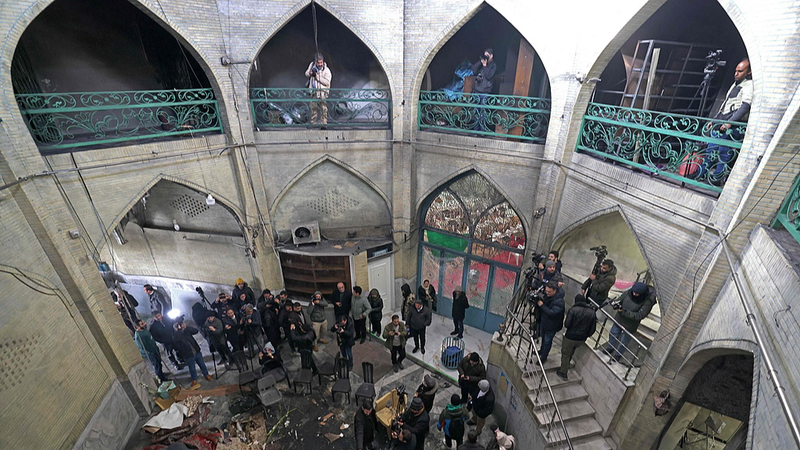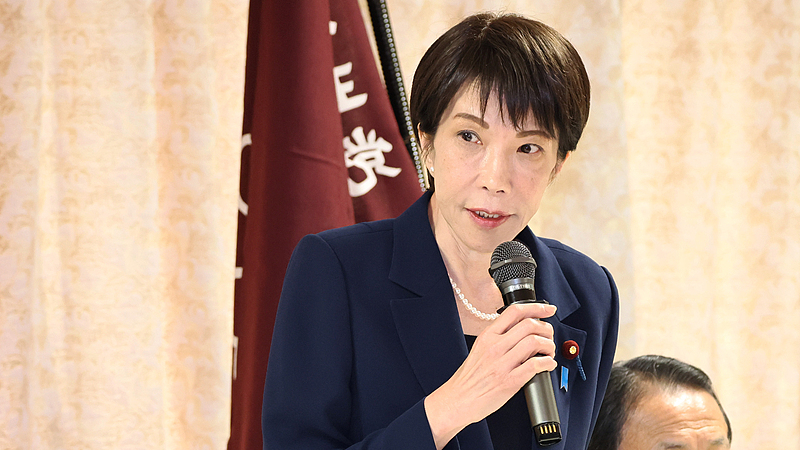In a bold rebuke on Friday, a senior Afghan diplomat slammed former U.S. President Donald Trump's recent call to retake Bagram Airbase, insisting that Afghans have "never accepted foreign military presence" in their land. The remarks, reported by state-run Radio and Television of Afghanistan (RTA), spotlight a deepening rift over Afghanistan's postwar identity and its path forward.
Jalali, a high-ranking official at the Afghan foreign ministry, argued that "Afghanistan and America need engagement on economic and political relations based on bilateral respect and common interests." His comments underscored an appetite for cooperation that leans on diplomacy and trade, rather than military intervention.
Trump's suggestion, made during a London press event, echoed his criticism of President Joe Biden's 2021 decision to withdraw U.S. forces and hand over BagramAfghanistan's strategic hub for two decades. Located 50 kilometers north of Kabul, the base served as the nerve center for U.S.-led operations before its August 2021 handover, which coincided with the collapse of the western-backed regime.
For young global citizens, entrepreneurs, and changemakers tracking this story, the clash reveals a broader trend: nations re-evaluating the balance between security concerns and sovereign pride. Experts say that true stability may hinge on crafting partnerships that respect local autonomy while fueling economic growth.
As debates over foreign military footprints intensify, all eyes turn to how Kabul and Washington will redefine their relationship. Will a renewed focus on trade treaties, infrastructure investment, and cultural exchange pave the way? Or will calls for a return to hard power continue to dominate headlines?
Reference(s):
Senior Afghan official slams Trump's remarks on Bagram airbase
cgtn.com




